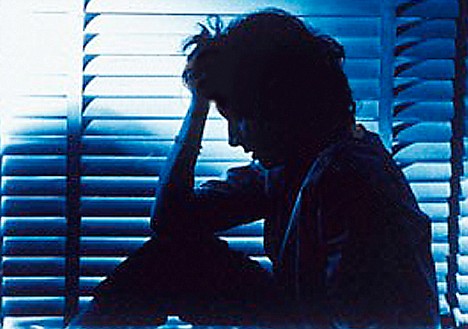Of all the mental illnesses known to man, schizophrenia is often considered the most severe. Given the complex nature of the disorder, discussion of schizophrenia will be divided into two articles. This first one will provide a general overview and the second, to be published at a later date, will delve into more specific detail.
Schizophrenia is characterized by an atypical perception of reality, resulting in a variety of experiences such as hallucinations, delusions, and erratic behavior. A suffering individual, or schizophrenic, may hear voices or talk aloud to himself or herself. Conversely, he or she could also remain quiet and motionless for an extended period of time. Like many other mental illnesses, schizophrenia is chronic and requires lifelong care.
Though schizophrenia has no definitive cause(s), some medical professionals attribute it to a genetic predisposition spurred by certain environmental conditions. Additionally, brain chemistry is thought to be involved. All of these potential factors will be discussed further in part 2 of this piece. In terms of demographics, schizophrenia is most often diagnosed between adolescence and middle age. The disorder affects all genders equally, though men tend to show signs sooner (early to mid-20s) than women (late 20s).
Symptoms of schizophrenia tend to fall into one of three categories: positive symptoms, negative symptoms, and cognitive symptoms. Positive symptoms include behaviors not present in a healthy individual, such as the aforementioned hallucinations and delusions. Negative symptoms, on the other hand, are described as an absence of normal behaviors like facial expressions and interaction through speech. Finally, cognitive symptoms include an inability to concentrate, poor comprehension skills, and memory problems.
Given the uncertainty surrounding the cause(s) of the disorder, treatment for schizophrenia focuses on minimizing the symptoms as much as possible. Particular prescription medication is contingent upon the certain behaviors that an affected individual exhibits. The variety of these drugs and their specific uses will be analyzed in part two. In addition, psychosocial interventions like individual therapy, support groups, and vocational rehabilitation can be extremely beneficial for schizophrenic patients.
A mental illness like schizophrenia demands the utmost attention. Taking small steps to help manage the condition is key to a smooth return to daily life after a diagnosis. For more intricate details on this condition, stay tuned for the continuation article in a few weeks.
Feature Image Source: Mental Illness by Alachua County










